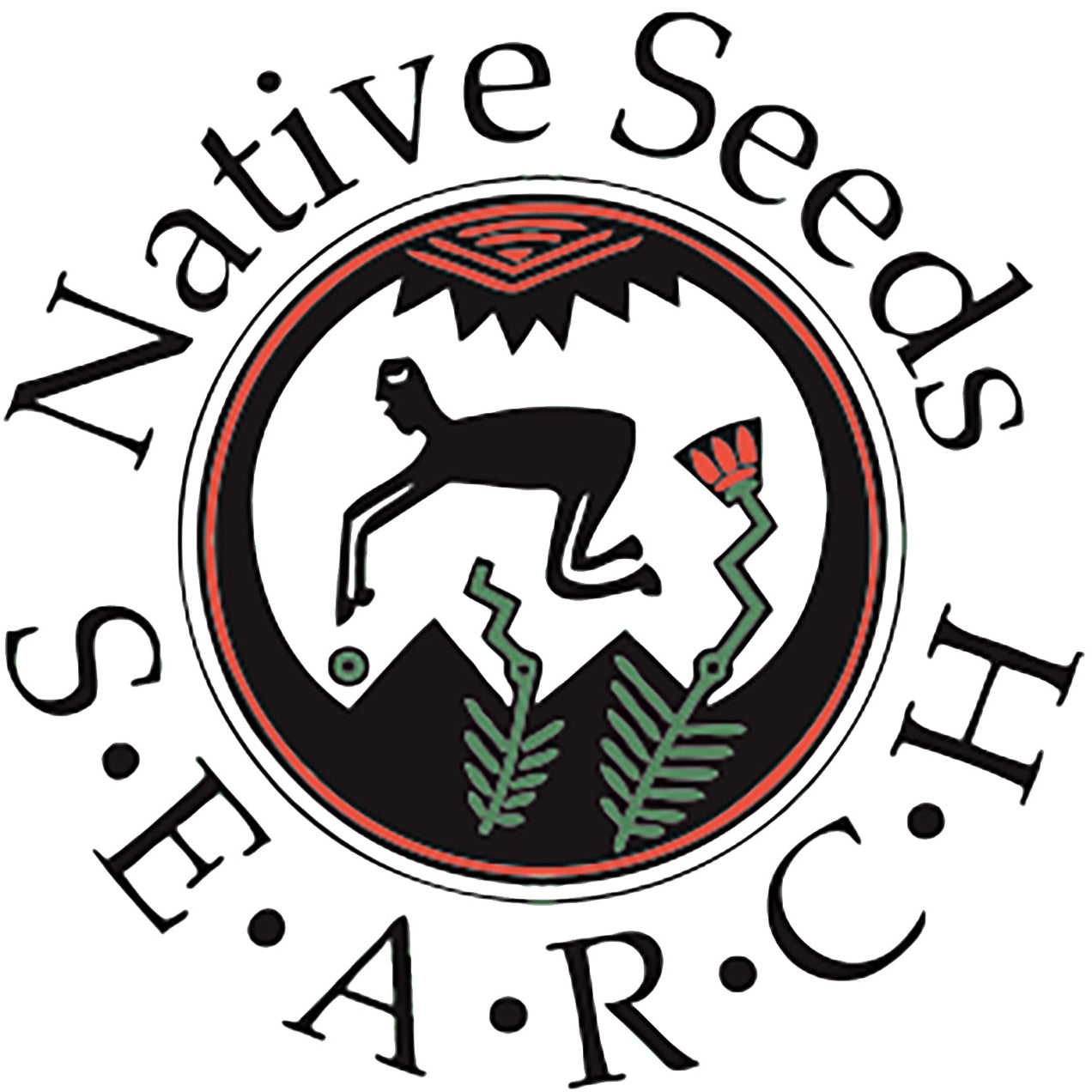
Article by Melissa Kruse-Peeples, NS/S Education Coordinator, published April 8, 2016.
During the spring, southern Arizona landscapes experience a change. Cholla and prickly pears are blooming, wildflowers are in full color, and the spiky, long leaved plants known as agave are beginning their bloom which happens only once in an agave's lifetime. During flowering, a tall inflorescence grows out of the center at an incredibly fast rate and then the plant begins to die. In Tucson, agaves will be celebrated as part of Agave Heritage Week from May 3-8.
The spectacular blooms are just one of the amazing features of agaves. Agaves are also edible and people have been eating agave for centuries. Many parts of the agave are edible - the flowers, sap, and the basal rosettes. The leaves are removed and the basal rosettes are roasted in large pits for several days resulting in a rich, sweet tasting treat. The best time for roasting is just before the agave's send up their bloom and their sugars are at the highest concentration. Most people are likely most familiar with the byproducts of this roasting either as agave syrup or distilled spirits mezcal and tequila.
Numerous species of agave have undergone manipulation by humans to enhance these edible features and to make them easier to harvest by selecting for faster time to bloom and fewer spikes on the leaves. The distribution of agaves throughout the Southwest is also a result of human manipulation. Numerous remnant agave fields that were cultivated in ancient times still dot the landscape near archaeological sites. For example, the banner photo is one of these archaeological agave fields within the Agua Fria National Monument north of Black Canyon City, AZ. In this location, and many like it, ancient people piled rocks around planted agaves to protect their roots from critters, increase the temperature to prevent frost damage, and to aid in water retention. More information about ancient agave fields can be found in this video from NPR's Science Friday.
Native Seeds/SEARCH is excited to be a part of Agave Heritage Week from May 3-8 presented by The Hotel Congress + Maynards Market & Kitchen. This event is not to be missed and will celebrate all things agave highlighting the art, science, and culture of agave. The weeks festivities include educational seminars and talks, an industry trade show (by invitation only), concerts, and the 8th Annual Agave Fest full of tastings of agave based spirits and regional foods at the Hotel Congress on May 7th. More details can be found on the Hotel Congress's website.
We are particularly excited for the 2nd Annual Agave Dinner with Janos Wilder at Carriage House in downtown Tucson on May 6th. Seating is limited so reserve your ticket today. Proceeds will benefit Native Seeds/SEARCH. Janos, a James Beard Award winning chef and Native Seeds/SEARCH Board of Directors co-chair, will be preparing a four course dinner. Menu items will be paired with agave based spirits. The evening will also feature guest speaker Sergio Inurriago of the Pro Mescal Culture Association.
